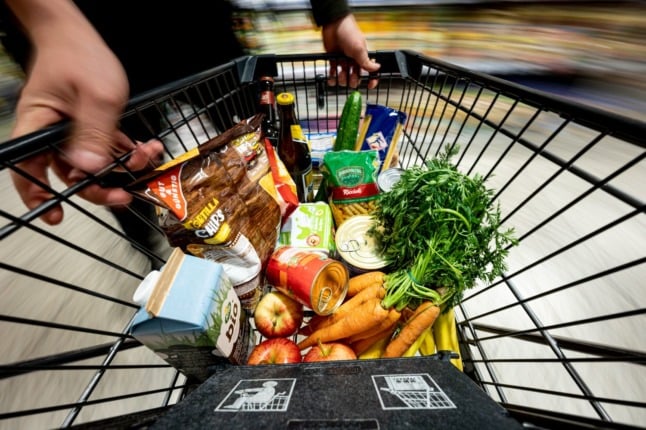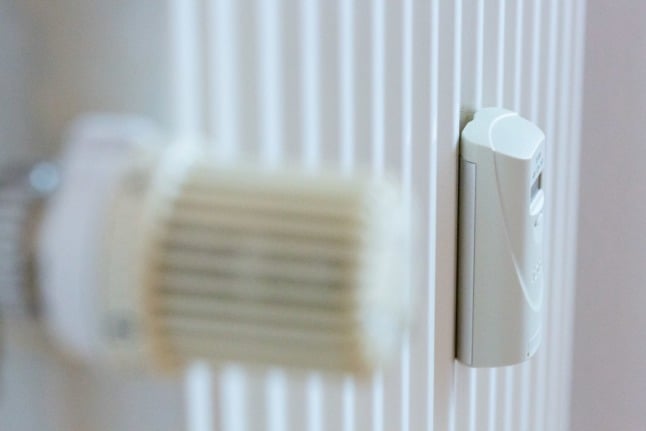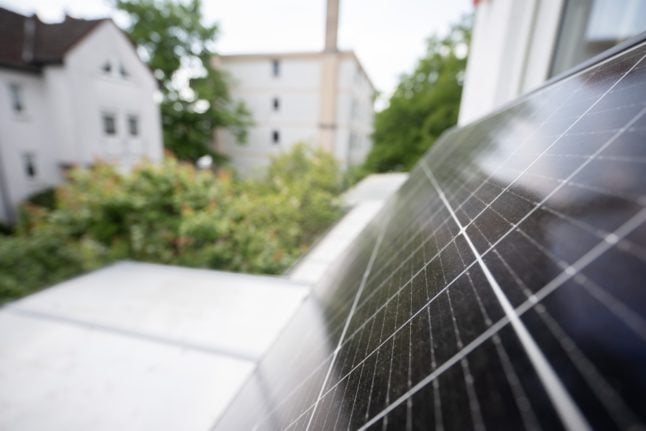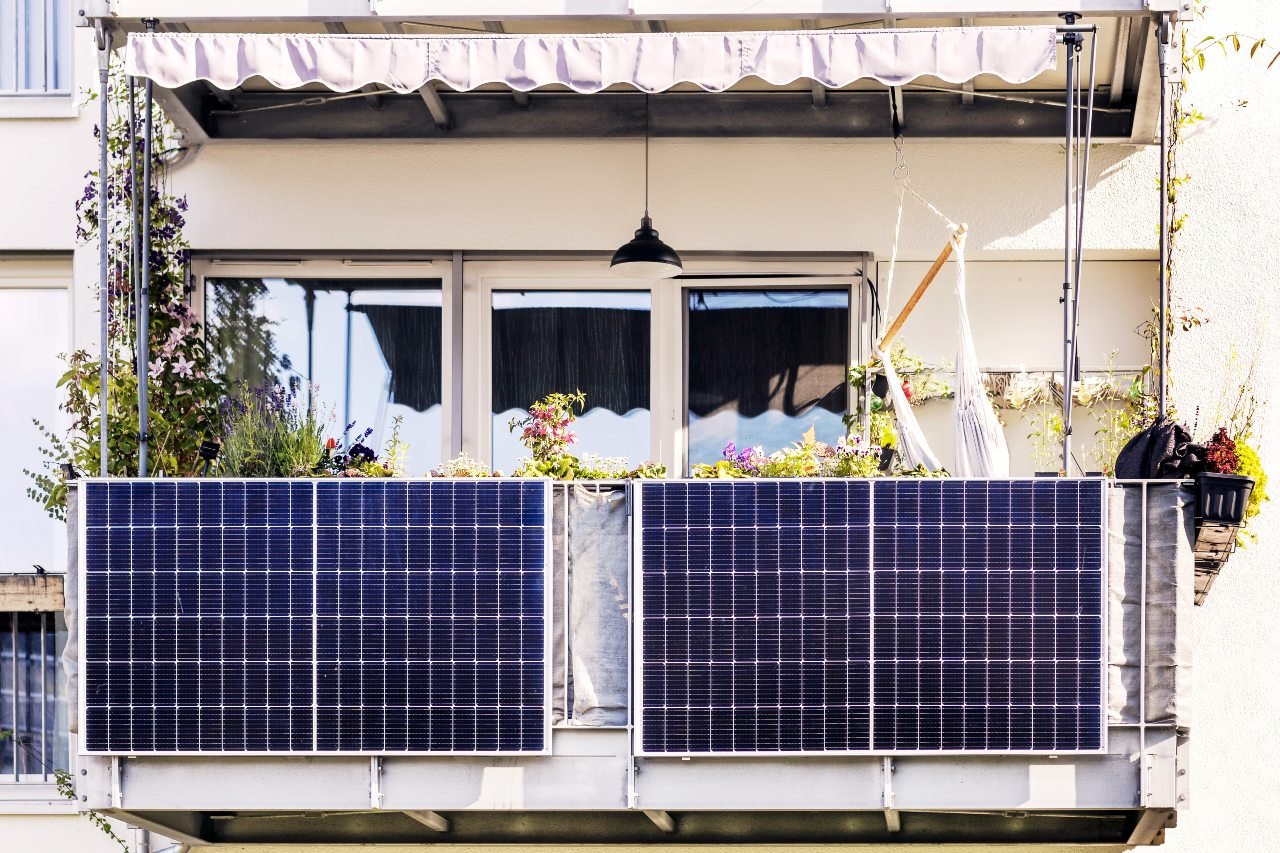Germany’s Federal Statistics Office announced last week that average inflation went up 3.1 percent in 2021 – the highest increase since 1993. And if we look at December 2021 compared to December 2020, there’s been an even sharper spike of 5.3 percent.
That’s a lot higher than the European Central Bank’s inflation target of around 2 percent, although experts say consumer prices should level out again. But what does it all mean for what you might pay at the grocery store, for your energy bills, or for new furniture and electronics?
READ ALSO: Inflation in Germany hits highest rate since 1992
A new analysis by Germany’s Federal Statistical Office (Destatis) sheds some light on how prices have changed in recent years.
To begin with, the Destatis agency uses a hypothetical “basket” of goods based on what the average German household purchases, and compares how the prices of all those items put together change over time to come up with its figure.
That means if you don’t drive your own car, for example, you won’t experience the same inflation yourself that another household in Germany might, since Destatis includes petrol prices in its inflation calculation.
You can use the Destatis Personal Inflation Calculator yourself to see exactly how much more you can expect to pay. Below are a few general highlights from the price index.
Supermarket bills see big increases
Using 2015 as a base, certain grocery products saw particularly clear increases when individual measurements were last taken at the end of November 2021.
Butter tops the bunch with a 57.1 percent spike in price in the last six years. Whole milk, sliced cheese, and fresh bread rolls also saw increases – at 26.5 percent, 12.1 percent, and 15.2 percent respectively.
READ ALSO: Why everything is suddenly getting so expensive in Germany

Getting around costs more
Those who primarily or exclusively use public transport in Germany are getting hit considerably less with price increases than those who have to fill up their own vehicles regularly.
But fuel costs have hit public transport riders as well, who are paying just over 13 percent more now than they were in 2015.
Supergrade petrol has seen a 26 percent increase though, and diesel has spiked by 35 percent.
Heating and powering your home
The most volatile price fluctuations recently are in the price of heating oil. After decreasing by over 30 percent in 2020 relative to 2015 prices, it is now 47 percent more costly to heat your home in Germany now than it was six years ago. Electricity is also up about 12 percent.
READ ALSO: Households in Germany to get some relief on electricity bills

Recreation and eating out
Unsurprisingly, going out for either a drink or a bite to eat has also gone up in price, but fairly uniformly across the board.
Whether getting a drink at a bar, a kebab, a Fischbrötchen or Currywurst after a late night out, or enjoying sit-down meal at a restaurant – prices for all these forms of going out have gone up by roughly the same amount – 17-19 percent – compared to 2015 rates.
Heading out to see a movie costs about 11 percent more than it did six years ago.

Electronics – where the savings are
The one notable exception to the upward trend in German consumer prices is in electronics, which are considerably more affordable now than they were in 2015.
A new mobile phone without a contract is 28 percent less expensive, while a new television set has dropped in price by a third.




 Please whitelist us to continue reading.
Please whitelist us to continue reading.
Member comments